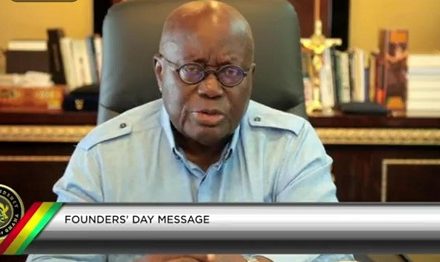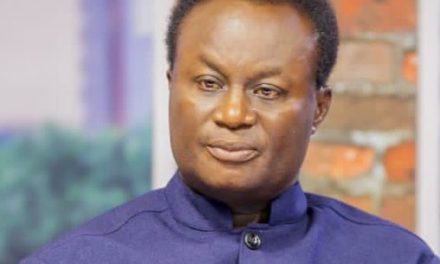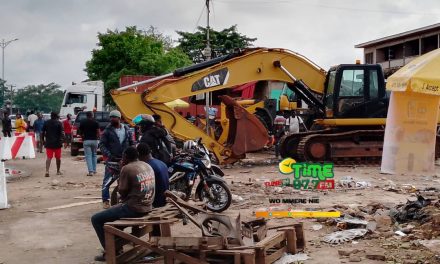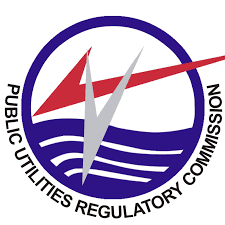
Senegal President Sall Rules Out Re-election Bid After Violent Unrest2 min read
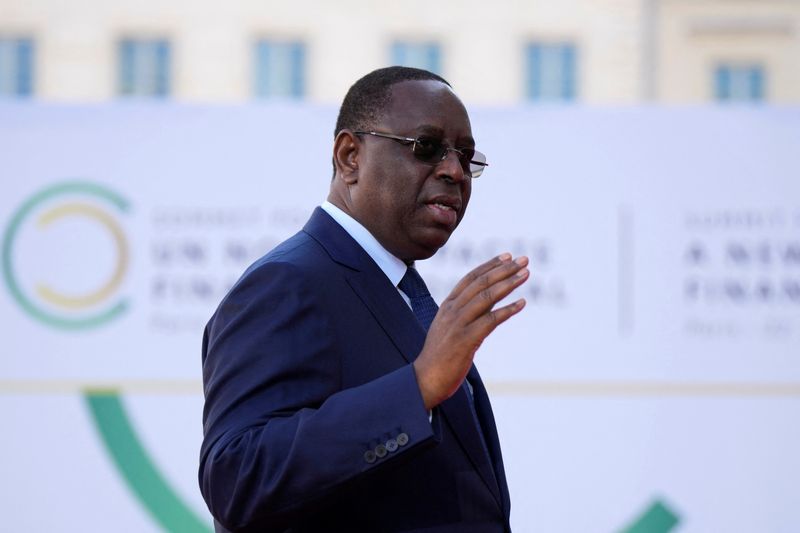

Senegal President Macky Sall will not run for re-election next year, he said in a speech on Monday, ending widespread speculation that he would seek a third term his critics said would have been illegal.
Rumours that Sall would try to extend his stay in power have fuelled bouts of unrest since 2021 in which dozens have been killed, shaking Senegal’s reputation for calm in a restive region.
“There has been much speculation and commentary on my eventual candidature on this election,” Sall said in a televised speech. “The 2019 term was my second and last term.”
“My decision, carefully considered… is not to run as a candidate in the upcoming election on February 25, 2024. And this, even though the constitution grants me the right,” he said.
Sall’s announcement will likely quell fears of a democratic backslide in Senegal.
Some had worried he would follow other regional leaders, including in Ivory Coast and Togo, who used changes to the constitution as an excuse to reset their mandate and extend their hold on power.
Regional leaders including the presidents of Niger, Mohamed Bazoum, Guinea Bissau’s Umaro Sissoco Embalo, and the African Union Commission Chairperson Moussa Faki Mahamat, praised Sall’s decision, while Bazoum added that it will ease tensions.
Sall’s decision will trigger a search for a successor to lead the ruling party just months before the February polls. It is unclear who will run for many of the main parties.
Supporters at his party headquarters in an upscale neighbourhood in the capital were divided on Monday evening after Sall’s speech. Some applauded, while others cried.
“That’s his choice, and he is our leader. We accept his decision, and we will support whoever he designates,” said a female supporter in tears.
Unrest last month was sparked by the sentencing of popular opposition leader Ousmane Sonko to two years in jail on charges stemming from an alleged rape – accusations he denies and says were politically motivated to stop him from running in the elections.
Rioters, angered in part by what they saw as Sall’s serial side-lining of opponents, torched buildings and vehicles and threw stones at police, who responded with tear gas.
At least 16 people were killed in the clashes, some whose relatives said that security forces opened fire with live rounds.






